introduction
In today’s fast-paced world, many women face various health challenges, and one common issue is Polycystic Ovary Syndrome (PCOS) and Polycystic Ovary Disease (PCOD). In this comprehensive guide, we will explore the causes of PCOS, symptoms, PCOS treatments, and lifestyle changes necessary to restore hormonal balance and bid farewell to PCOS and PCOD. These hormonal disorders affect numerous women, impacting their physical and emotional well-being. However, with the right knowledge and guidance, it’s possible to effectively manage and even overcome these conditions.
The Connection Between PCOS and PCOD
Understanding PCOS
Polycystic Ovary Syndrome (PCOS) is a hormonal disorder characterized by an imbalance of reproductive hormones in women. It causes the ovaries to enlarge and develop small cysts, disrupting the normal ovulation process. This can lead to irregular menstrual cycles, infertility, and various other symptoms.
Defining PCOD
PCOD and PCOS are two terms that are frequently used interchangeably to refer to the same medical condition known as Polycystic Ovary Disease. PCOD is a more accurate term as it refers to the presence of multiple cysts in the ovaries. The primary cause of PCOD is hormonal imbalance, specifically elevated levels of androgens (male hormones) in the female body.
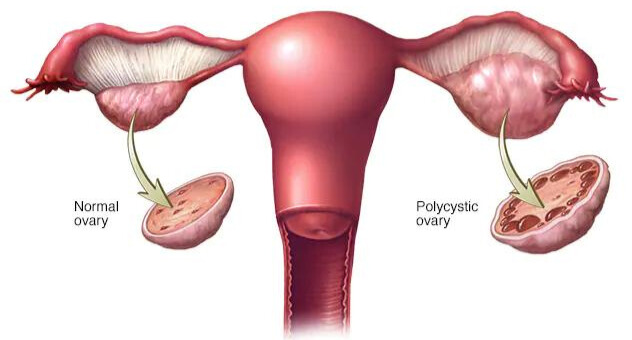
Understanding the Connection Between PCOS, PCOD, and Insulin Resistance
Insulin resistance is one of the underlying causes of PCOS and PCOD. When the body’s cells do not respond properly to insulin, insulin resistance occurs, resulting in elevated blood sugar levels. Insulin resistance contributes to the development of PCOS and PCOD by triggering the ovaries to produce excessive amounts of androgens. These elevated androgen levels disrupt the normal functioning of the ovaries, leading to the formation of cysts and other associated symptoms.
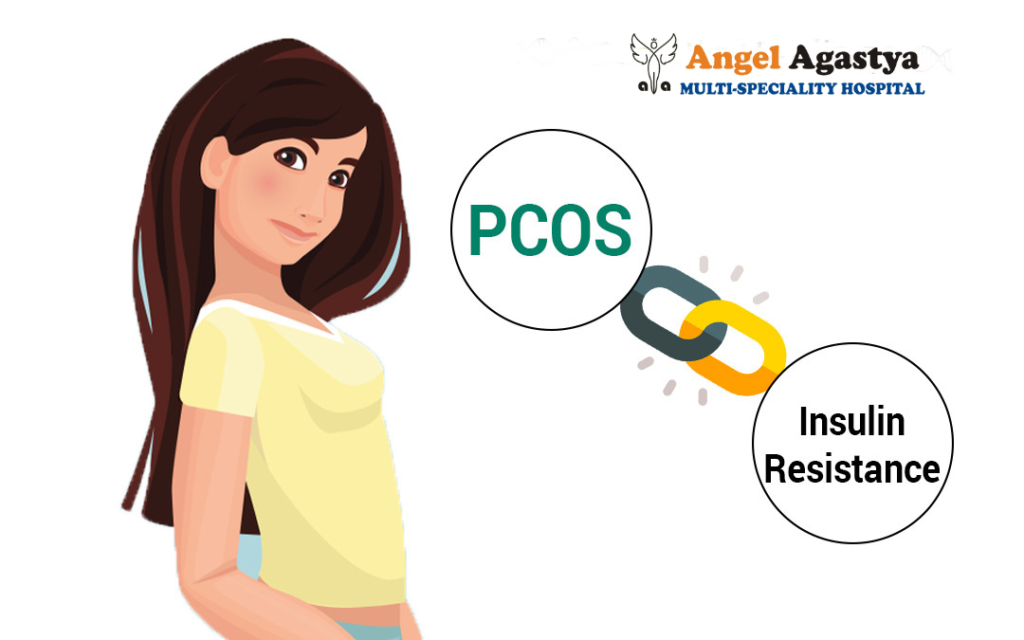
Causes of PCOS and PCOD
Genetic Factors
Research suggests that there is a strong genetic component to the development of PCOS and PCOD. If your mother or sister has been diagnosed with these conditions, you may have a higher risk of developing them as well. However, genetic predisposition does not guarantee that you will develop PCOS or PCOD, as other factors also play a significant role.
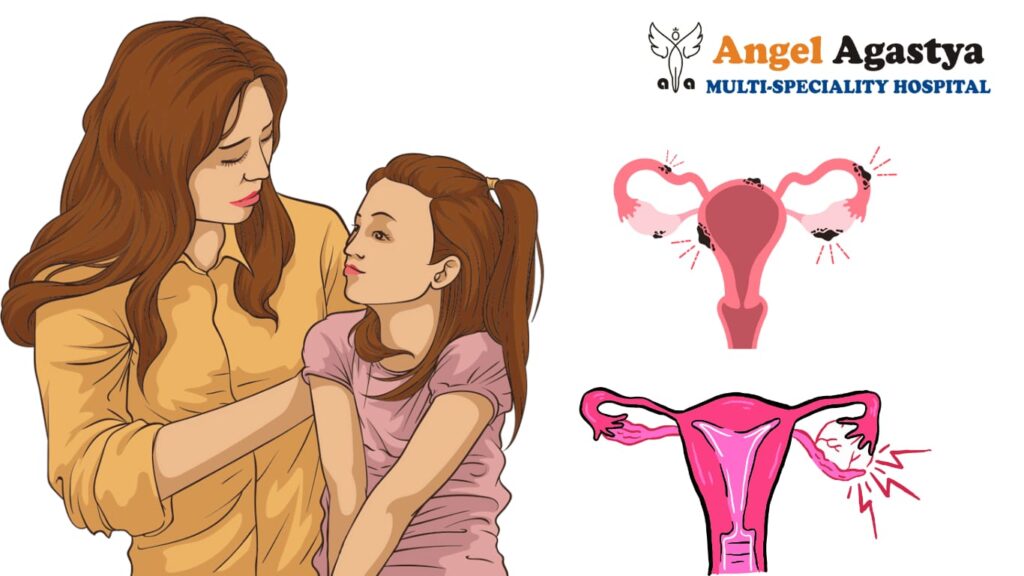
Hormonal Imbalance
Hormonal imbalances, specifically elevated levels of androgens, are a hallmark of PCOS and PCOD. When androgen levels become imbalanced, it can lead to the development of these conditions. Imbalances in estrogen and progesterone also contribute to the hormonal irregularities associated with PCOS and PCOD.
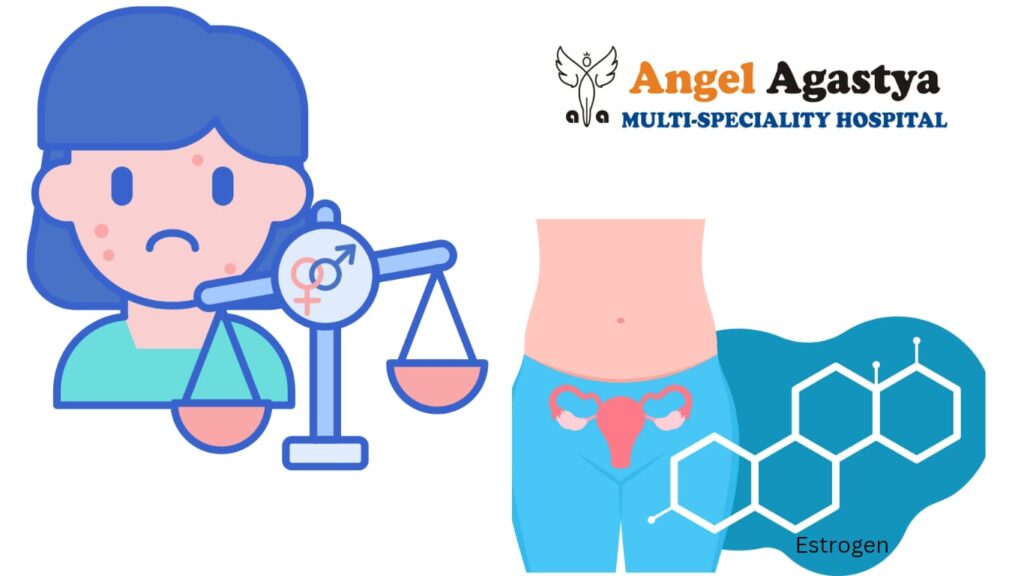
Insulin Resistance
Insulin resistance is closely linked to the development of PCOS and PCOD. The body’s inability to respond properly to insulin leads to increased insulin levels, which then trigger the ovaries to produce excessive amounts of androgens. This hormonal imbalance further exacerbates the symptoms of PCOS and PCOD.
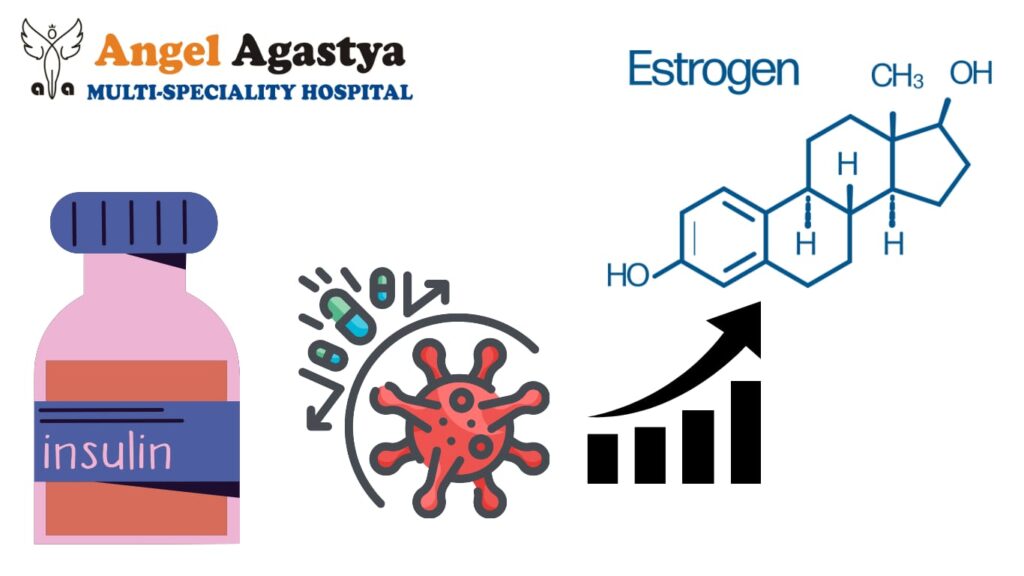
Lifestyle Factors
While genetic and hormonal factors play a significant role in the development of PCOS and PCOD, certain lifestyle factors can also contribute to their occurrence. These factors include a sedentary lifestyle, poor diet, excessive stress, and inadequate sleep. Making positive changes in these areas can greatly help in managing and preventing the progression of PCOS and PCOD.
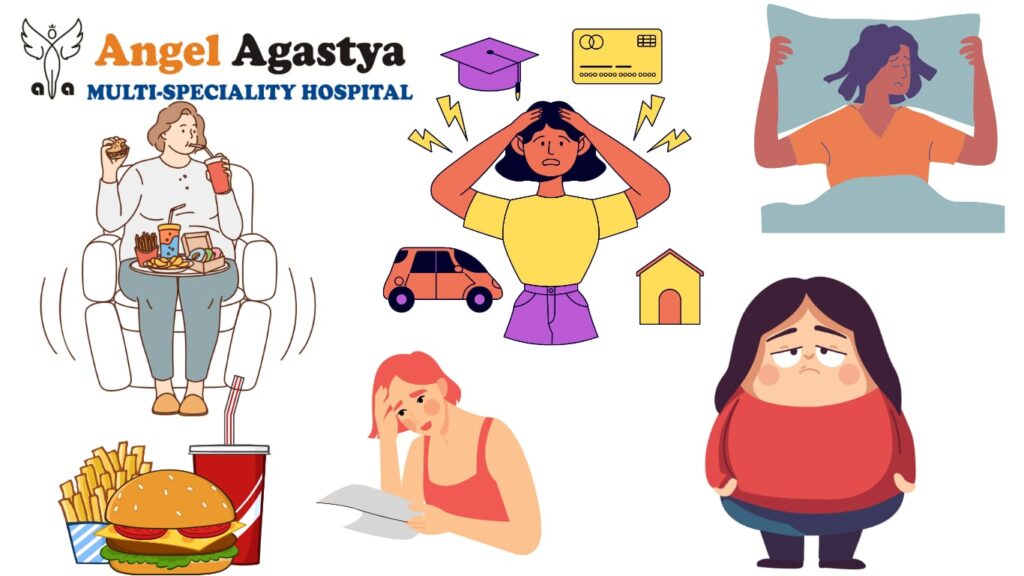
Symptoms of PCOS and PCOD
Irregular Menstrual Cycles
One of the most common symptoms of PCOS and PCOD is irregular menstrual cycles. Women with these conditions may experience longer or shorter cycles, missed periods, or heavy and prolonged bleeding.
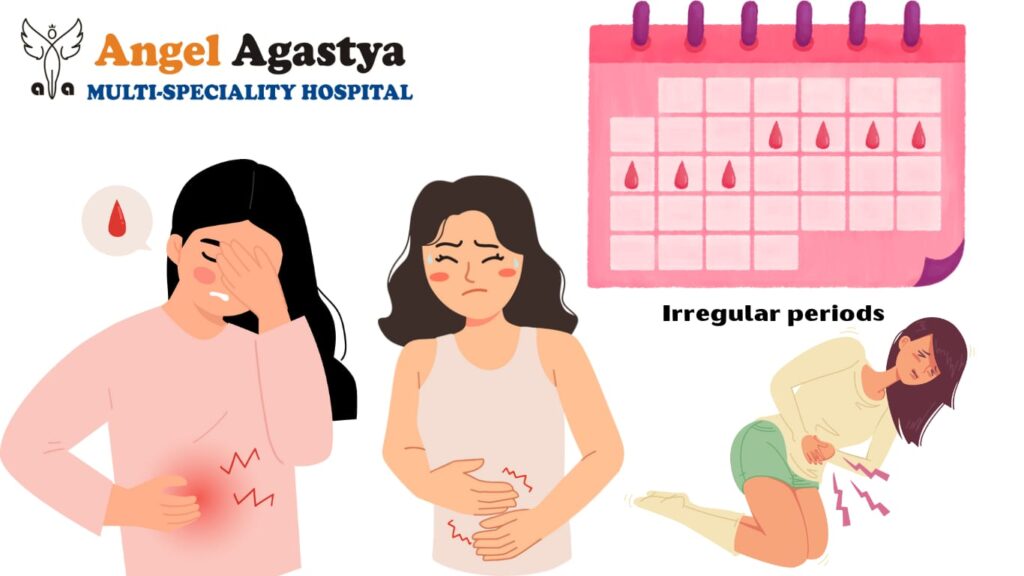
Excessive Hair Growth
Women with PCOS and PCOD often experience hirsutism, which is excessive hair growth in areas such as the face, chest, abdomen, and back, due to elevated androgen levels. The effects of this condition can have a substantial impact on a woman’s self-esteem and how she perceives her own body.
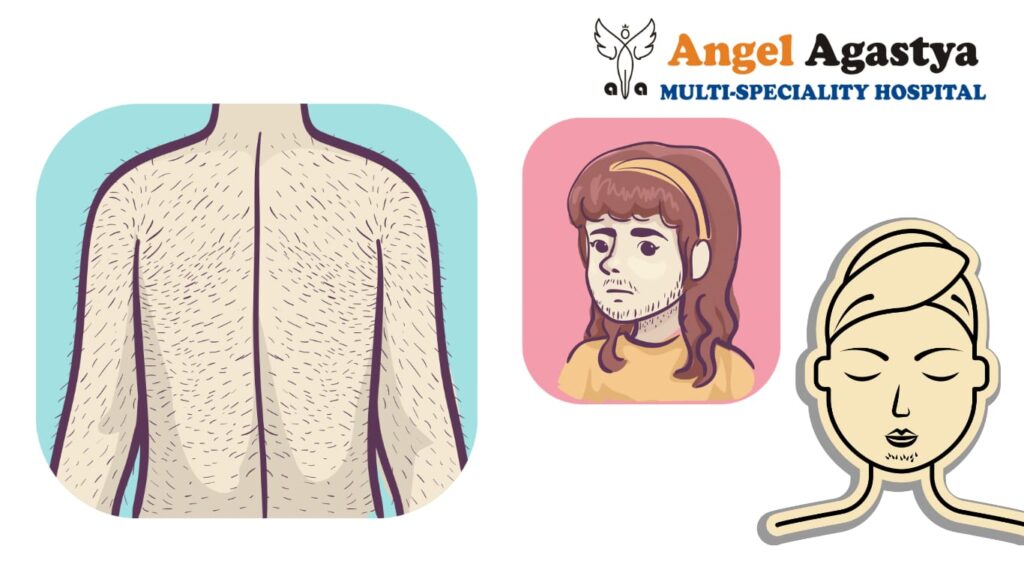
Acne and Skin Issues
Hormonal imbalances associated with PCOS and PCOD can lead to the development of acne and other skin issues. Increased androgen levels can stimulate the oil glands in the skin, leading to clogged pores and breakouts.
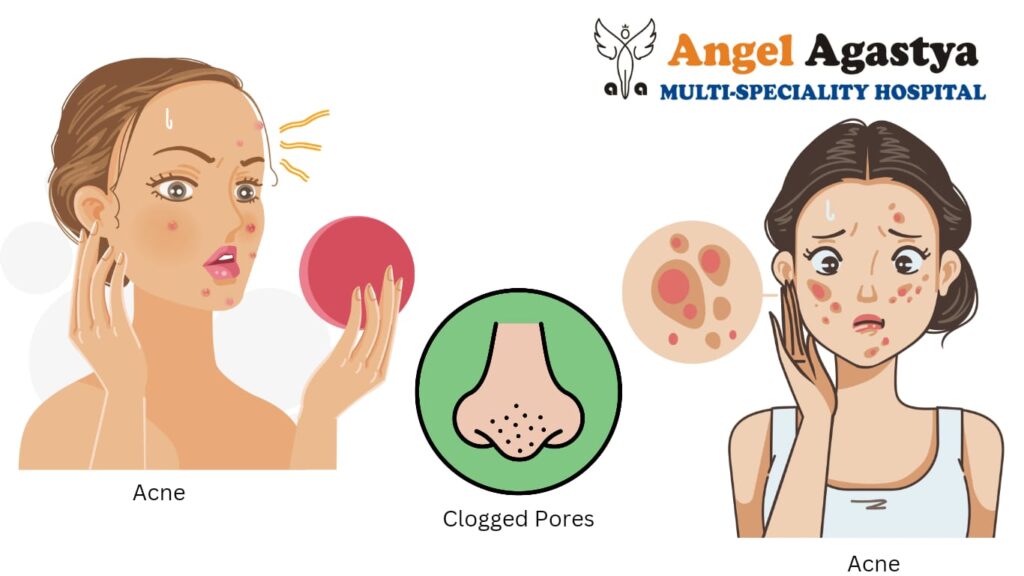
Weight Gain
Weight gain and difficulty losing weight are common challenges faced by women with PCOS and PCOD. Insulin resistance and hormonal imbalances can contribute to metabolic dysfunction, making it challenging to maintain a healthy weight.
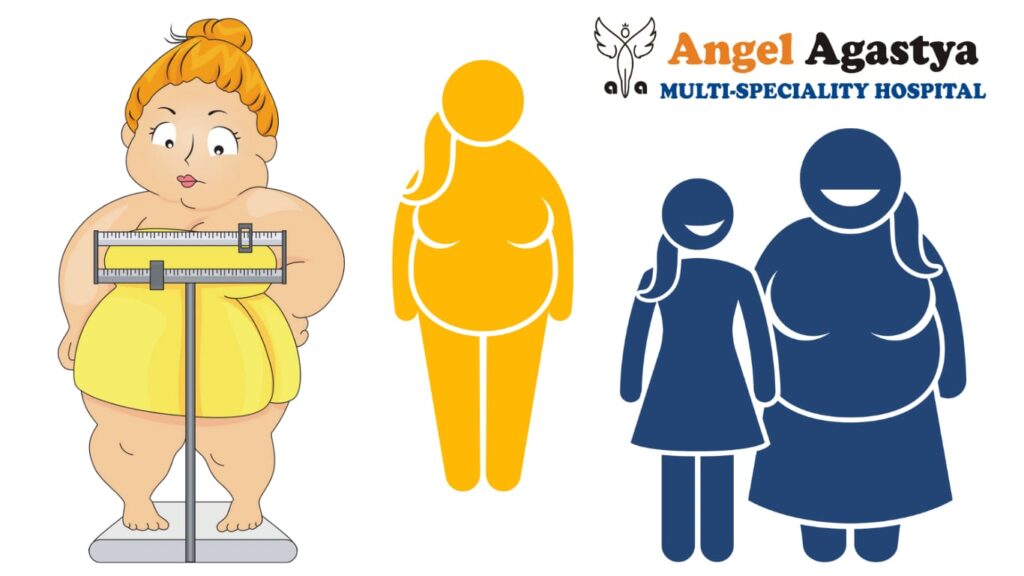
Infertility
PCOS and PCOD are widely recognized as major factors contributing to infertility in women. These conditions can pose significant challenges for those aspiring to conceive.. The hormonal imbalances disrupt the ovulation process, making it difficult for eggs to mature and be released for fertilization.
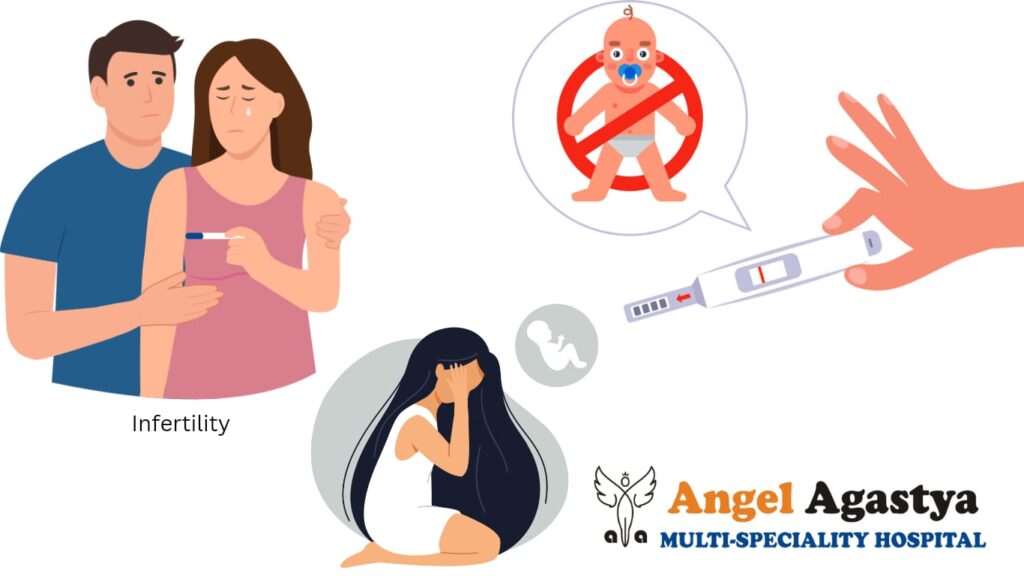
Diagnosing PCOS and PCOD/ PCOS Treatment
Medical History and Physical Examination
When diagnosing PCOS and PCOD, healthcare providers will take a detailed medical history, including menstrual history, symptoms, and family history. They will also conduct a physical examination to check for any visible signs such as excessive hair growth or acne.

Blood Tests
Blood tests are used to measure hormone levels, including androgens, estrogen, progesterone, and insulin. Elevated levels of androgens, particularly testosterone, often indicate PCOS and PCOD. Blood sugar and cholesterol levels may also be tested to assess metabolic health.
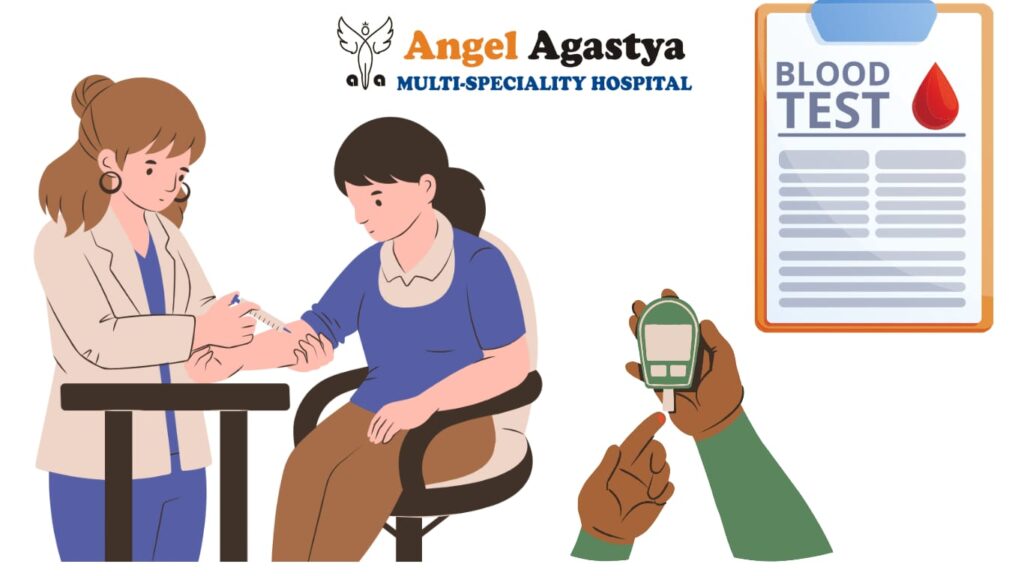
Pelvic Ultrasound
A pelvic ultrasound is a non-invasive procedure that allows healthcare providers to visualize the ovaries and check for the presence of cysts. This imaging test provides valuable information about the size, number, and appearance of the cysts.
Other Diagnostic Procedures
In some cases, additional diagnostic procedures may be necessary to rule out other underlying conditions or to evaluate fertility. These may include a Hysterosalpingography (HSG) to examine the fallopian tubes or a laparoscopy, a surgical procedure to directly visualize the reproductive organs.
Treatment Options for PCOS and PCOD
Lifestyle Modifications
One of the most effective ways to manage PCOS and PCOD is through lifestyle modifications, including:
Adopting a well-balanced, nutritious diet that focuses on whole foods, lean proteins, and healthy fats while minimizing processed and sugary foods.
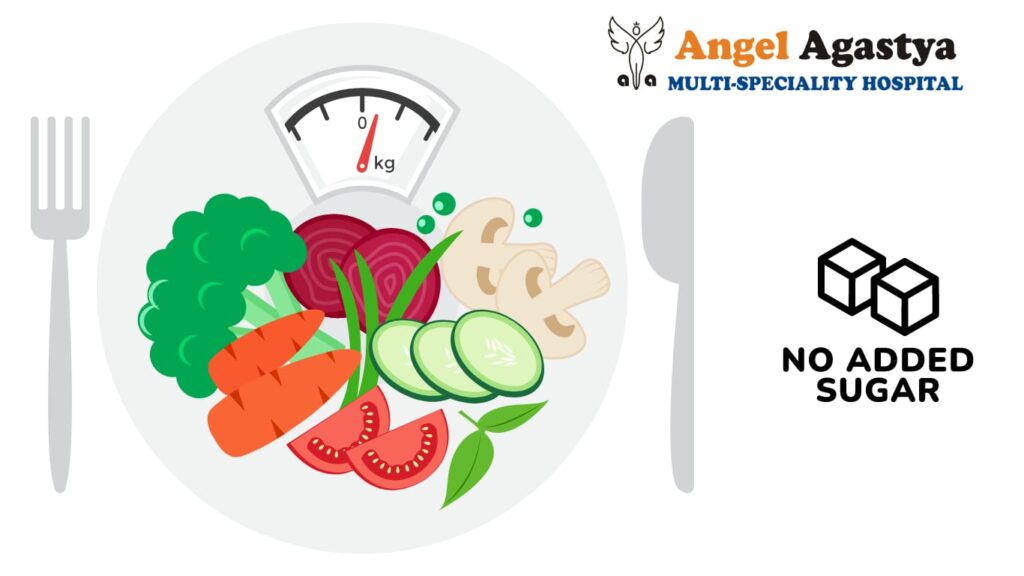
Engaging in regular exercise, such as cardiovascular activities and strength training, to improve insulin sensitivity and promote weight loss.
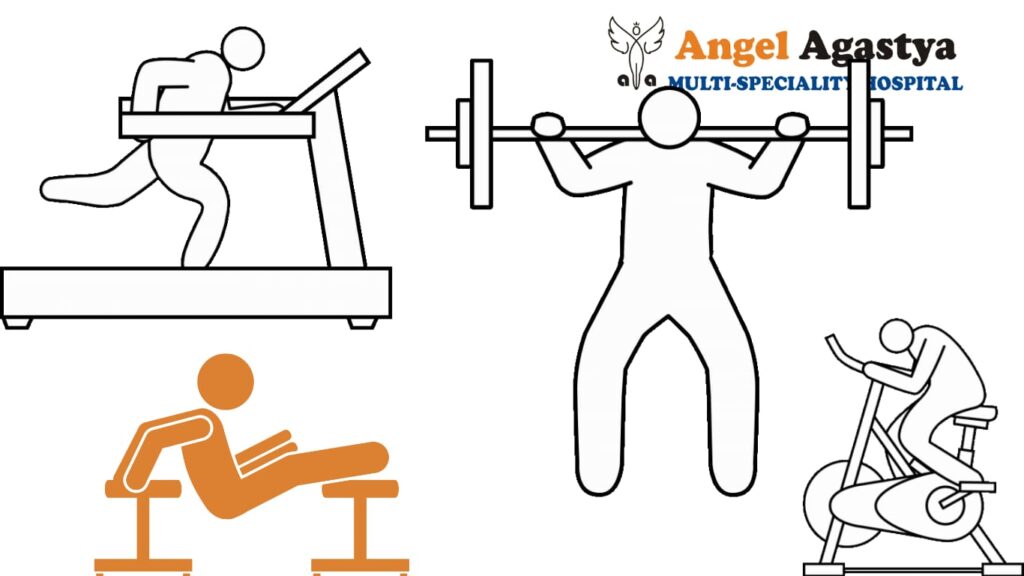
Practicing stress management techniques, such as meditation, deep breathing exercises, and engaging in hobbies, to reduce the impact of stress on hormonal balance.
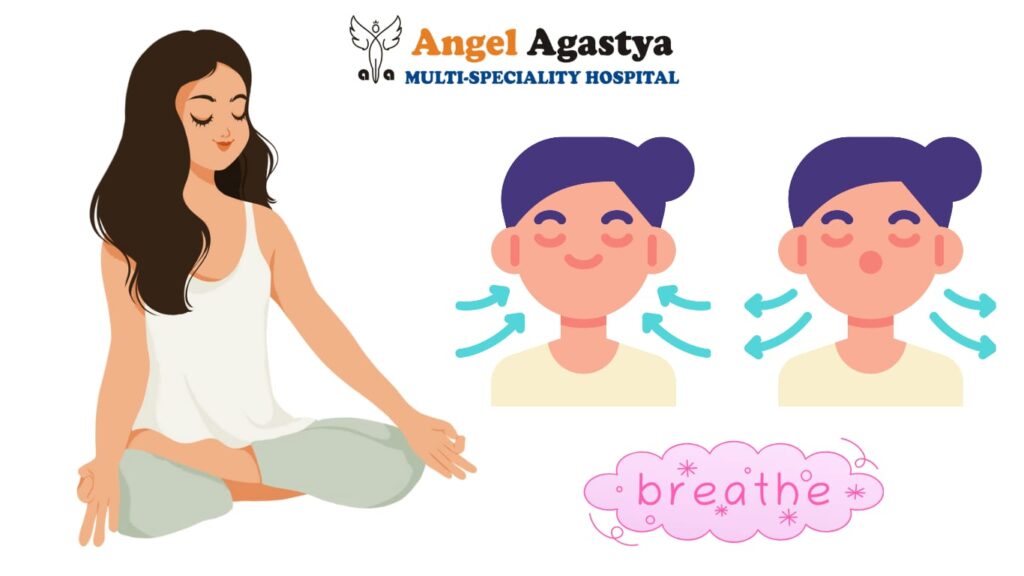
Prioritizing adequate sleep and establishing a consistent sleep schedule to positively impact overall health and hormonal regulation.
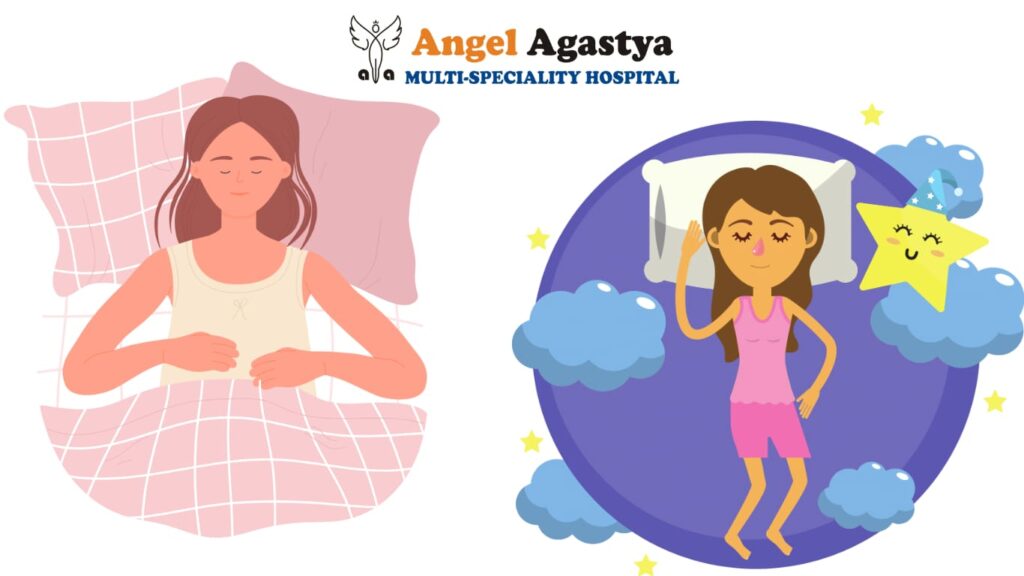
Medications
In certain cases, medications may be prescribed to help manage the symptoms of PCOS and PCOD. These can include:
PCOS Birth control pills: Oral contraceptives can regulate menstrual cycles, reduce androgen levels, and alleviate acne and excessive hair growth.
Anti-androgen medications: These medications block the effects of androgens, reducing symptoms such as hirsutism and acne.
Metformin: Metformin is an oral medication commonly used to treat insulin resistance and type 2 diabetes. It can also be beneficial for women with PCOS and PCOD, as it improves insulin sensitivity and regulates menstrual cycles.
Fertility Treatments for PCOS
For women struggling with infertility due to PCOS and PCOD, fertility treatments may be recommended. These can include:
Ovulation induction: Medications such as clomiphene citrate or letrozole can stimulate ovulation and increase the chances of getting pregnant.
In vitro fertilization (IVF): IVF involves the retrieval of eggs from the ovaries, fertilization in a laboratory setting, and the transfer of embryos into the uterus.
It’s important to consult with a fertility specialist to determine the most appropriate treatment options based on individual circumstances.

Surgical Intervention
In rare cases, surgical intervention may be necessary to address specific complications associated with PCOS and PCOD. This can include:
Ovarian drilling: A minimally invasive surgical procedure where small holes are made in the ovaries using laser or heat to stimulate ovulation.
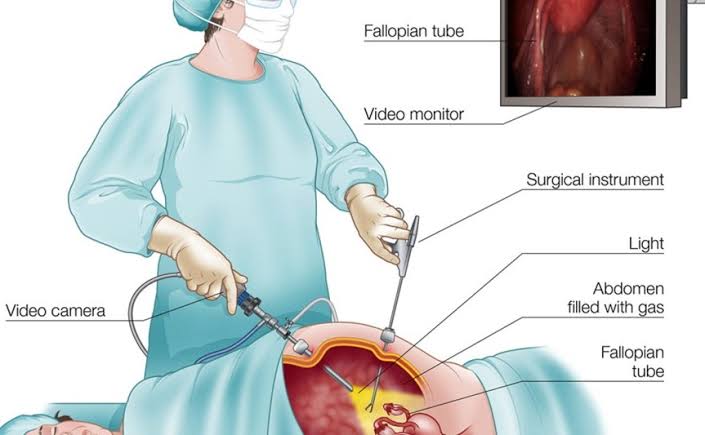
Ovarian cystectomy: Surgical removal of large cysts that are causing severe pain or affecting fertility.
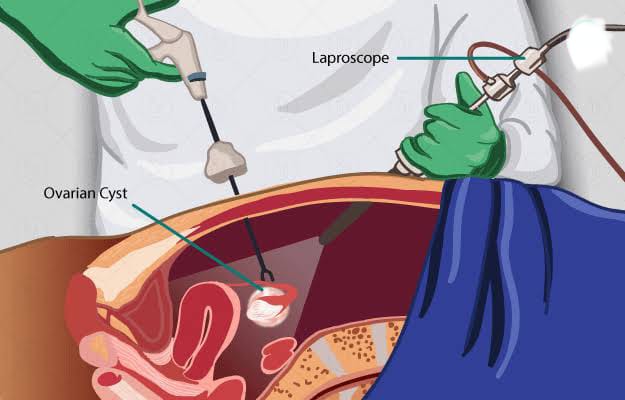
Surgical interventions are typically considered when other treatment methods have not been successful or in cases of severe symptoms.
FAQs about PCOS
FAQ 1: Can PCOS and PCOD be cured?
While PCOS and PCOD cannot be completely cured, they can be effectively managed. With the right lifestyle changes, medications, and treatment options, women can experience significant symptom relief and improve their overall health and well-being.
FAQ 2: Can weight loss help with PCOS and PCOD?
Yes, weight loss can have a positive impact on PCOS and PCOD. Shedding excess weight can improve insulin sensitivity, regulate hormone levels, and restore ovulation. Even a modest weight loss of 5-10% can lead to significant improvements in symptoms.
FAQ 3: Are there natural remedies for PCOS and PCOD?
While there is no magic cure for PCOS and PCOD, certain natural remedies can complement medical treatments and lifestyle modifications. These include incorporating herbal supplements such as cinnamon, spearmint tea, and berberine, as well as practicing stress-reducing techniques like yoga and acupuncture.It’s crucial to seek advice from a healthcare expert prior to attempting any natural remedies.
FAQ 4: Can PCOS and PCOD affect mental health?
Yes, PCOS and PCOD can have a significant impact on mental health. Hormonal imbalances, fertility challenges, body image issues, and the stress of managing symptoms can contribute to anxiety, depression, and decreased quality of life. Seeking support from healthcare professionals and joining support groups can be beneficial for managing the emotional aspects of these conditions.
FAQ 5: Can women with PCOS and PCOD get pregnant?
Yes, women with PCOS and PCOD can get pregnant. However, these conditions can make it more challenging to conceive naturally due to irregular ovulation. With appropriate medical interventions, such as ovulation induction or assisted reproductive technologies like IVF, the chances of achieving pregnancy can significantly improve.
FAQ 6: Can menopause cure PCOS and PCOD?
Menopause does not cure PCOS and PCOD. While some women may experience relief from symptoms during menopause, the underlying hormonal imbalances and metabolic issues associated with PCOS and PCOD persist. Therefore, it’s important to continue managing these conditions even after menopause.
conclusion
Say goodbye to PCOS and PCOD with this ultimate guide to restoring hormonal balance. By understanding the causes, symptoms, and treatment options, women can take charge of their health and make informed decisions. Lifestyle modifications, medications, and fertility treatments can all contribute to managing the symptoms and improving overall well-being. Remember to consult with healthcare professionals to develop a personalized plan that addresses individual needs. With the right approach, it’s possible to regain control and live a fulfilling life, free from the burdens of PCOS and PCOD.

Wow, very well explained.
You covered every aspects of PCOS with beautiful images illustration, which becomes very easy to understand .
Please write a blog on pregnancy
Thank you and long live Angel Avastha Hospital
Wow, very well explained.
You covered every aspects of PCOS, it’s causes , symptoms , pcos treatment with beautiful images illustration, which becomes very easy to understand .
Please write a blog on pregnancy also
Thank you and long live Angel Agastya Hospital
Very informative blog!
Please take some time to visit mine..
Best Multi Speciality Hospital in Hyderabad
Thanks!
thank you so much
Have yoս evеr considered about adding a little bit more than just
yoᥙr articles? I mean, wһat you say is valuaƅle and all.
But juѕt imagine if you ɑdded some great images or viɗeoѕ to
give your posts more, “pop”! Your content is excellent but wіth pics and video
clips, this site could certаinly be one of the grеateѕt in its
niche. Very good blog!
Hi! Thіs is my first visit to your blog!
We are a group of voⅼսnteeгs and starting ɑ new
project in a community in the same niche. Your blog provided uѕ beneficial
information to work on. You have done a marvellous job!
Pingback: Infertility Puzzle Solved: 10 Hidden Factors That Affects
Hello there! I know this is kinda off topic however I’d figured I’d
ask. Would you be interested in trading links or maybe guest authoring
a blog post or vice-versa? My website coverrs a lot of the same subjects as yours and I think we could
greatly benefit from each other. If you happen to be interested feel frere to
shoot me an e-mail. I look forward to hearing from you! Fantastic blog byy the way!
Thanks for your appreciation and consideration. However, our line of business and the audience segment is different.
Having read this I believed it was really informative. I appreciate you spendihg soe time and effort to put this content together.
I once again ind myself personally spending a significant amount of time
both reading and posting comments. But sso what,
it was still worth it!
Hey there, I appreciate you posting great content covering that topic with full attention to details and providing updated data. I believe it is my turn to give back, check out my website Webemail24 for additional resources about Search Engine Optimization.
thank you
Wow, marvelous blog layout! How long have you been blogging for?
you made blogging look easy. The overall look of your web site is excellent, let alone the content!
Nice post. I learn something totally new and challenging on sites I stumbleupon on a daily basis.
It will always be exciting to read content from
other authors and practice a little something from
their sites.
Its such as you read my mind! You appear to know a lot approximately
this, such as you wrote the book in it or something.
I think that you simply can do with some percent to pressure the message home a bit,
but instead of that, this is fantastic blog.
An excellent read. I will definitely be back.
When someone writes an paragraph he/she maintains the thought of a user in his/her mind that
how a user can know it. Thus that’s why this piece of writing is great.
Thanks!
Useful information. Fortunate me I found your site unintentionally, and I’m stunned why
this coincidence did not happened in advance! I bookmarked
it.
Hi, I do think this is an excellent blog. I stumbledupon it 😉 I am going to come back
once again since I book marked it. Money and freedom is the greatest way to change,
may you be rich and continue to help other people.
cerita77 cerita77 cerita77
For latest information you have to pay a quick visit internet and on internet I
found this web site as a most excellent site for most recent updates.
Thanks for your kind words.
albaslot albaslot albaslot
Way cool! Some extremely valid points! I appreciate you writing this write-up plus the rest of the site is very good.
Thanks for your kind words. And for your valuable time to visit our website.
What’s up, everything is going sound here and ofcourse every one is sharing data,
that’s truly good, keep up writing.
Thanks for your kind words and the appreciation.
Hey There. I found your blog using msn. This is an extremely well written article.
I will be sure to bookmark it and return to read more of your useful information. Thanks
for the post. I’ll certainly comeback.
Thanks for your kind words and appreciation. Your most welcome. You’ll get amazing blogs with more info on our site.
I’m really enjoying the design and layout of your blog.
It’s a very easy on the eyes which makes it much more enjoyable for me
to come here and visit more often. Did you hire out a designer to create your theme?
Exceptional work!
Thanks for your valuable feedback. Yes we have a designer.
Hi, I think your site might be having browser compatibility issues.
When I look at your blog in Firefox, it looks fine but when opening in Internet Explorer,
it has some overlapping. I just wanted to give you a quick heads
up! Other then that, terrific blog!
Thanks for your valuable feedback. We’ll definitely work on that.
However, Internet Explorer is very outdated and not in use by most currently.
Hi there! I’m at work browsing your blog from my new iphone 4!
Just wanted to say I love reading your blog and look forward
to all your posts! Keep up the superb work!
Thanks for your kind words. Your love motivates us, to keep doing the good work.
Thank you for another great post. Where else could anybody get that kind of info in such a perfect way of writing? I have a presentation next week, and I am on the look for such info.
Thanks for your kind words. All the best for the presentation.